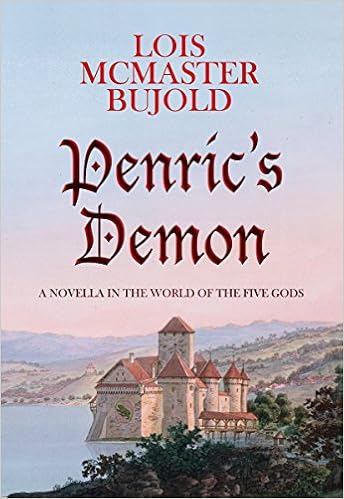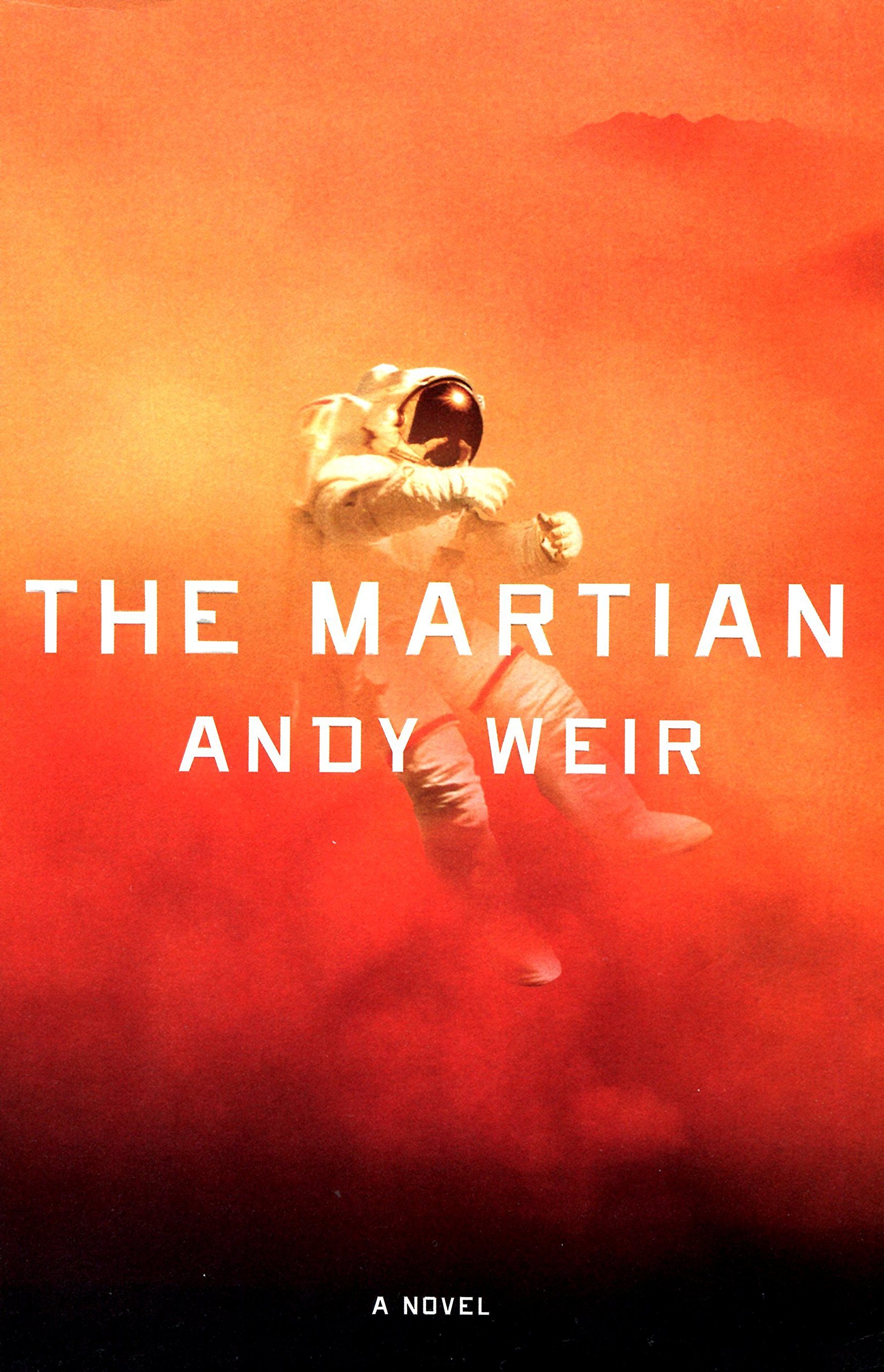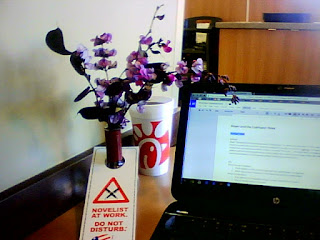Jack's sister Julia is the first of the Mass siblings Roger Pierce meets when he comes to town, but Jack is the first one Roger connects with. When I read the Carrot Ranch Flash Fiction Challenge for this week, I knew this initial meeting would feature in my flash fiction:
October 28, 2015 prompt: In 99 words (no more, no less) include a tool in a story. How can it enhance the character, tension or meaning? It can also be a story about a tool or a character’s obsession for tools. Go where the prompt leads.
In every previous encounter with boys his age, Roger has been the most knowledgeable. One of the first things Jack does is call Roger a dummy for not knowing something that seems obvious to him. It won't be the last time Jack outpaces Roger, either...
Roger “Runabout” Pierce has always been a strange boy. He blames his feelings of alienation on his family, who move to a new town each year when his dad is reassigned. But when he arrives in Meteor, a remote town smaller than any they’ve ever lived in before, he meets “The Mass,” a blended family of equally odd children and their superbly different parents. Roger has to face his own strange nature and make a momentous decision. Can he become ordinary? Does he even want to try?
_________________________________
Choice of Tools
From the open garage came a resounding clang, followed by a sharp whistle. Roger called from the threshold, "You okay?"A shock of sandy hair came into view behind a metal tower, then two wide-set blue eyes. "Hey, can you grab that hock spanner for me? I'd get it myself, but I'm kinda tied up here."
Roger shook himself. "Sure!" He dropped his bike and scanned the array of tools laid out on the workbench. "So which one is the hog spanner?"
A peal of laughter answered. "HOCK spanner, dummy. It's on the end next to the ball-peen hammer."










